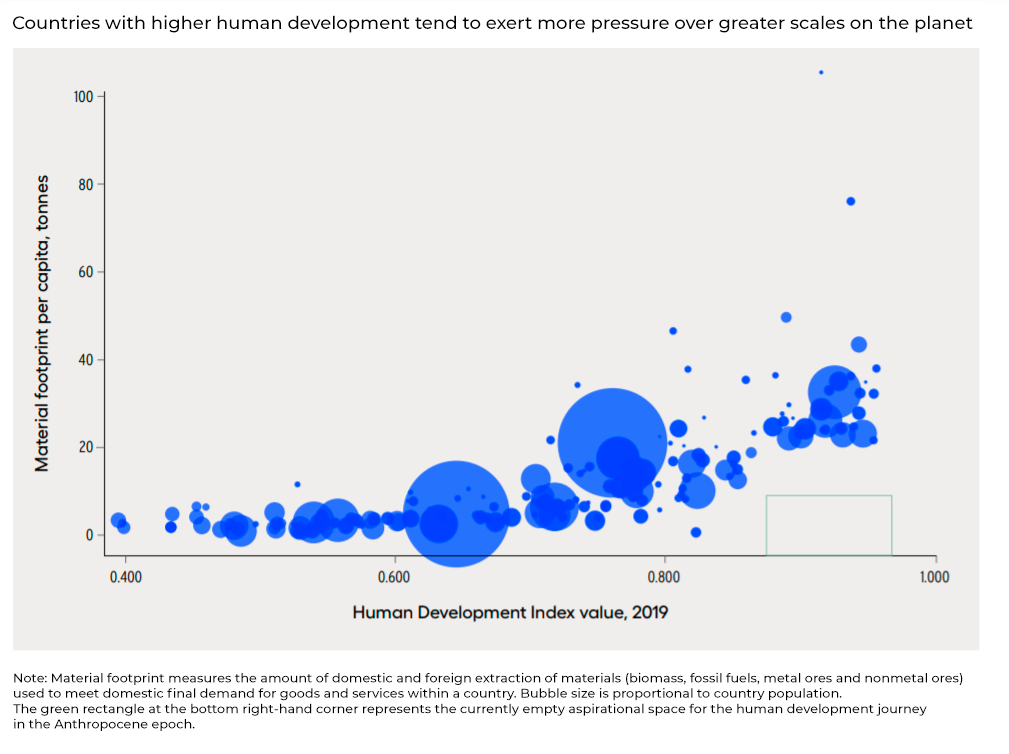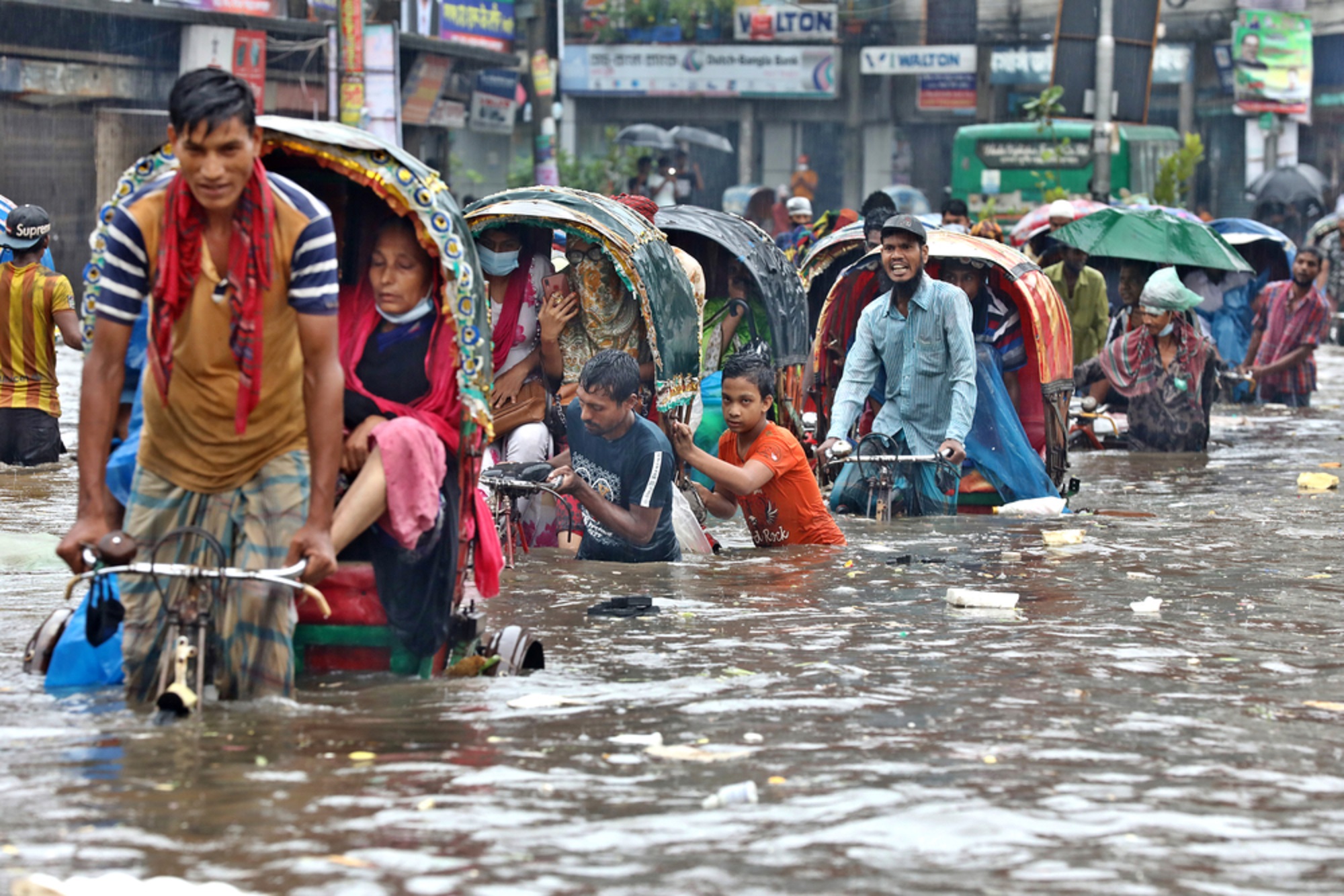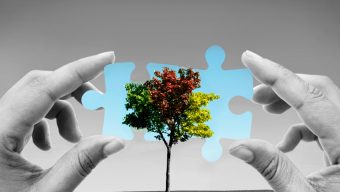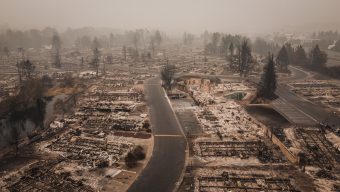The aim of COP26 is for national leaders to commit to reducing emissions, mobilizing funding, and encouraging adaptation and resilience, especially to protect the environment and people not just in the future but also in the here and now. According to many of the reports published by the Intergovernmental Panel on Climate Change (IPCC), “an increase of 2°C would have a major impact on food, security and human health”. However, these impacts are already being felt and are pushing many people into “environmental poverty”, a key concept for understanding the human consequences of climate change.
Historically, poverty has mainly been measured in monetary terms, calculated by the average income required per capita to cover basic needs, whilst the World Bank at the global level and each country at the national level define it differently. Under this monetary approach, economic growth has proven to be one of the main ways to reduce poverty over the last few decades.
More recently, other scales such as the Human Development Index (HDI) and the Multidimensional Poverty Index have included other variables to estimate health, education, and standard of living, relating poverty to freedom and the way to wellbeing. However, these metrics did not factor in environmental impact, as poverty is not based solely on the responsibility of the individual, but also on the context surrounding that person. Numerous studies have shown that global warming has increased economic inequality, favoring colder countries such as Norway and Sweden, and hampering economic growth in warmer countries such as India and Nigeria. Consequently, new methods have been devised for the Human Development Index (HDI), such as the HDI adjusted for planetary pressures (PHDI), which takes into account the pressure that each country exerts on the planet in two areas: carbon dioxide emissions and its material footprint (understood as the extraction of natural resources to meet domestic final demand for products and services within a country). This adjusted index controversially revealed that the countries with the greatest human development were also the countries with the highest material footprint per capita, and therefore were the ones with the greatest environmental impact.
 Source: http://hdr.undp.org/sites/default/files/hdr2020.pdf
Source: http://hdr.undp.org/sites/default/files/hdr2020.pdf
In this context, we need to understand that poverty and climate change go hand in hand, and I understand environmental poverty as the “lack of the healthy environment needed for society’s survival and development“.
The factors that exacerbate environmental poverty can primarily be divided into two categories: the increasingly recurrent disasters caused by climate change, and the pollution and depletion of natural resources.
Climate change disrupts the normal functioning of our society, generating emergency situations that have devastating short- and long-term effects. In 2016, the World Bank and the Global Facility for Disaster Reduction and Recovery (GFDRR) published a report which stated that 26 million people are directly driven into poverty every year due to natural disasters. The. The poor are more vulnerable and more exposed to these episodes, partly because they are less able to choose where to locate their dwellings, which are often of substandard quality and less resistant.
Moreover, the increase in food prices which comes as a result of climate change disproportionately affects the poorest people, and forced migration from climate factors also push people into poverty. According to another IPCC report, approximately 10% of the world’s population lives in low-lying coastal areas (as little as 10 meters above sea level) and the habitability of these areas is under constant threat due to rising sea levels. For example, a report by The Guardian revealed that El Salvador is projected to lose 10-28% of its coastline before the end of the century. Another study found that more than 1 million people living in three megadeltas: the Ganges-Brahmaputra delta in Bangladesh, the Mekong delta in Vietnam, and the Nile delta in Egypt, are expected to be directly affected by coastal erosion and land loss by 2050.
In addition, the decrease and depletion of natural resources as a result of deforestation, soil erosion, overfishing, and air pollution, reduce resources that are essential for human life and especially affect the most vulnerable. Pollution causes frequent illness and can sometimes lead to disability and inability to work. A report published in 2017 by The Lancet’s Commission on Pollution and Health estimated that pollution was the cause of nine million (16%) premature deaths globally in 2015 (15 times more than deaths caused by conflict and three times more than malaria, AIDS, and tuberculosis put together). According to another study published by Berkeley Earth, air pollution in China accounts for 1.6 million deaths per year, i.e., roughly 17% of all the country’s deaths. The United Nations’ Economic and Social Commission for Asia and the Pacific (UNESCAP) has warned that the depletion and/or scarcity of natural resources in farming societies or in coastal areas dependent on marine resources further hinders access to them for people who cannot diversify their economy. In Cambodia, for example, overfishing has depleted fish stocks in Tonlé Sap Lake which millions of people directly rely on.
Policies to tackle environmental poverty must find ways to increase the sustainable economic opportunities of those in developing countries whilst reducing the negative impact of the consumption of the rich. Current consumption by the wealthiest 10% of the world’s population is not sustainable without overstepping planetary boundaries and resulting in climate consequences that do not allow the poorest be able to step out of poverty.
As Borja Monreal says, “the worst thing about poverty is its silence”. That is why, now, during COP26 more than ever, we must raise awareness of why millions of people are already experiencing environmental poverty and take on board the fact that its origins and consequences are everyone’s responsibility. In the end, ecosystem collapse will make everyone poorer.
© IE Insights.








